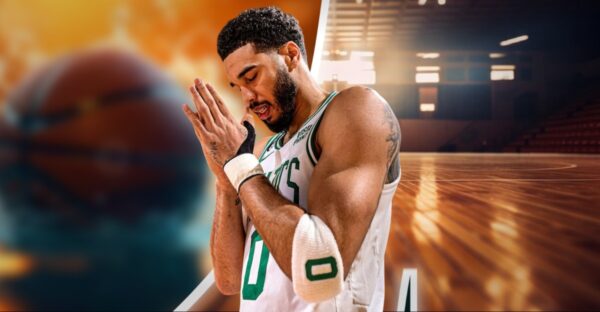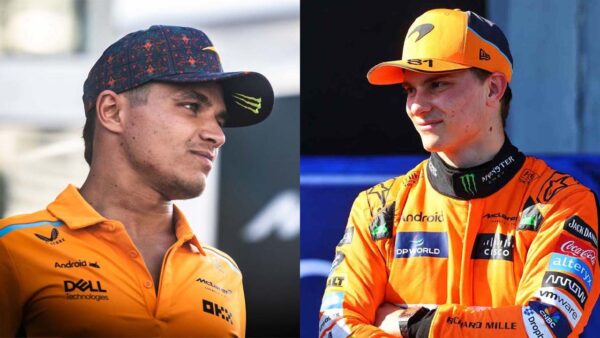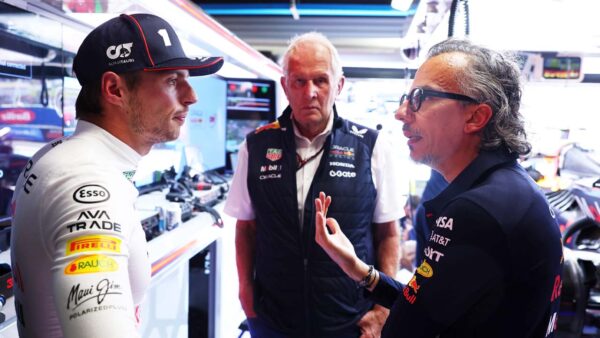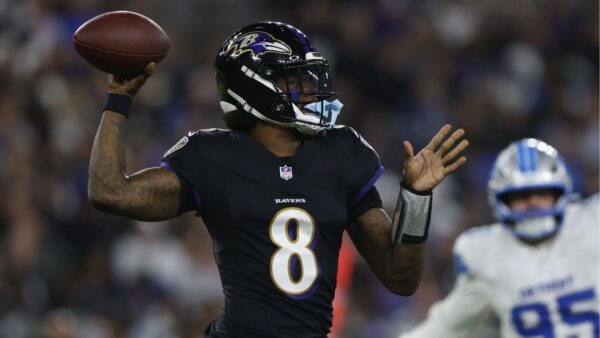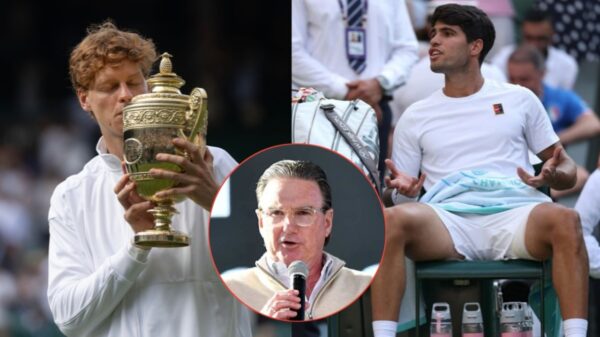“Don’t know whether Dominic Thiem really had a dropout at the Australian Open because of legal dispute with former coach,” says Sports Attorney
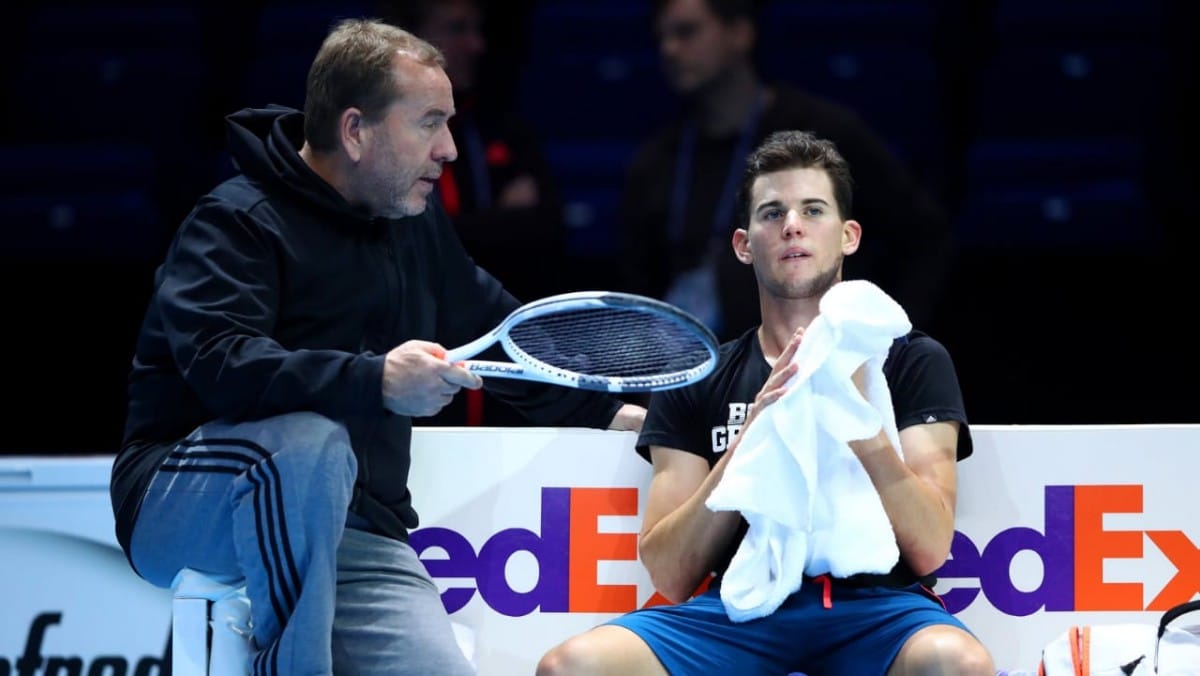
Dominic Thiem and his former coach, Gunter Bresnik
🔍 Explore this post with:
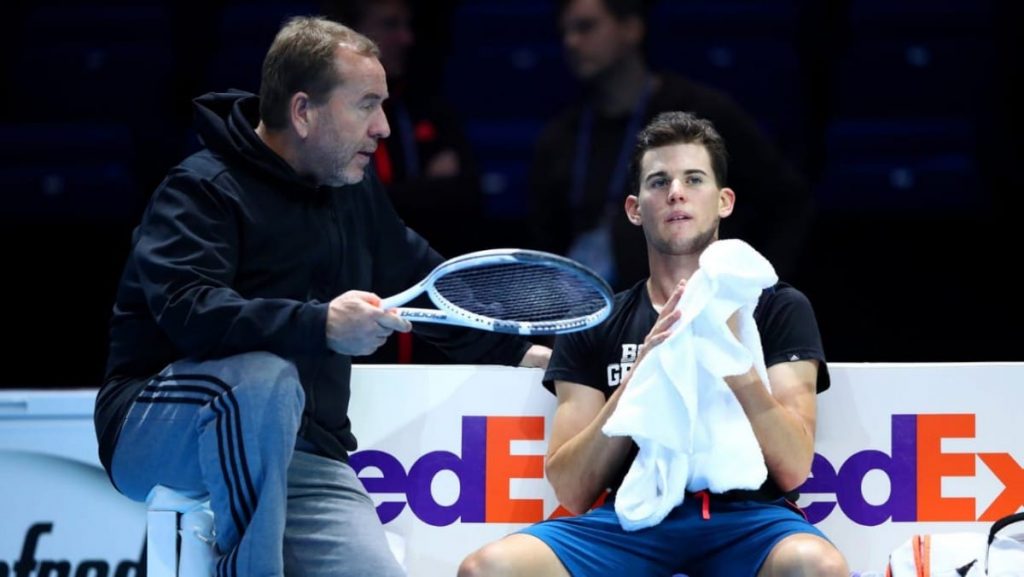
Dominic Thiem, touted as one of the favorites to lift the Australian Open title this year, was knocked out in the fourth round by Grigor Dimitrov. The US Open 2020 champion showed no fight as he was convincingly beaten by the Bulgarian in three sets. Tennis journalists, commentators are attributing this loss to several factors.
Wolfgang Thiem, the Austrian’s father has stated that his surprise loss was due to several factors which included the strict quarantine period and his ongoing legal dispute with his former coach, Gunter Bresnik. Sports attorney, Christina Toth has also weighed in on the reasons for Thiem’s defeat and believes that the legal dispute was surely an important factor.
“We don’t know whether Dominic really had a dropout at the Australian Open because of this argument, but we do know that these disputes can take an athlete with them psychologically. That doesn’t leave you unaffected and the longer you pull it out, the more difficult it is then too,” Toth stated.
A peek into the legal dispute between the Thiem’s and Gunter Bresnik
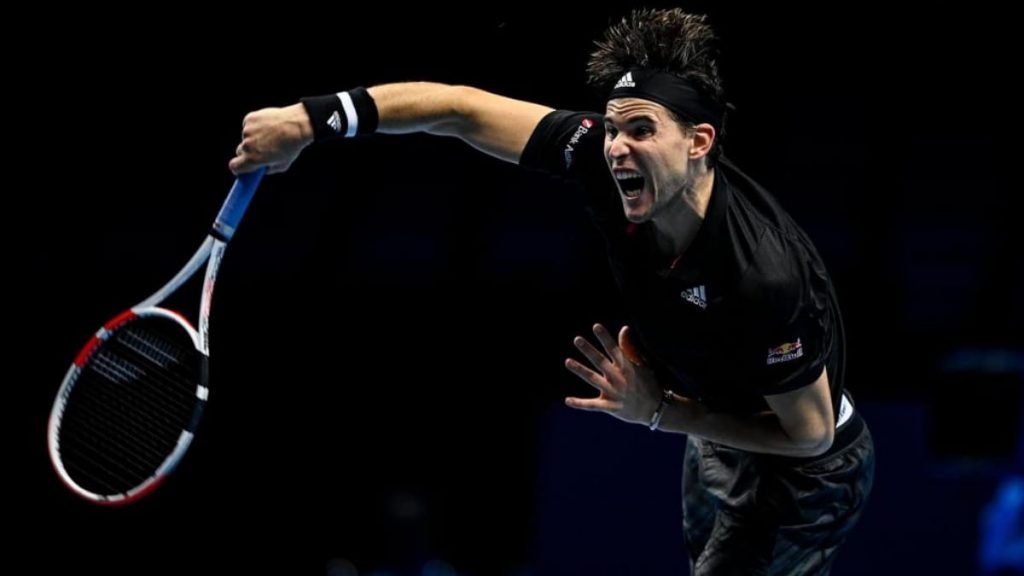
Dominic Thiem parted ways with his long time coach, Gunter Bresnik in 2019. However, Bresnik decided to take the legal route as he sued Thiem for a sum of 450,000 euros, which was equivalent to the Austrian’s income in the first quarter of 2020.
Bresnik believes that he is entitled to receiving a portion of Thiem’s income which he earns from sponsorship and equipment contracts. According to a contract signed in May 2019, Bresnik would be entitled to a share of Dominic Thiem’s income, only through contracts. During the first meeting between the two parties in the Palace of Justice, they agreed on settlement talks, which will be led by a judge mediator. The talks are expected to be held later this week.
How are decisions reached in such disputes?
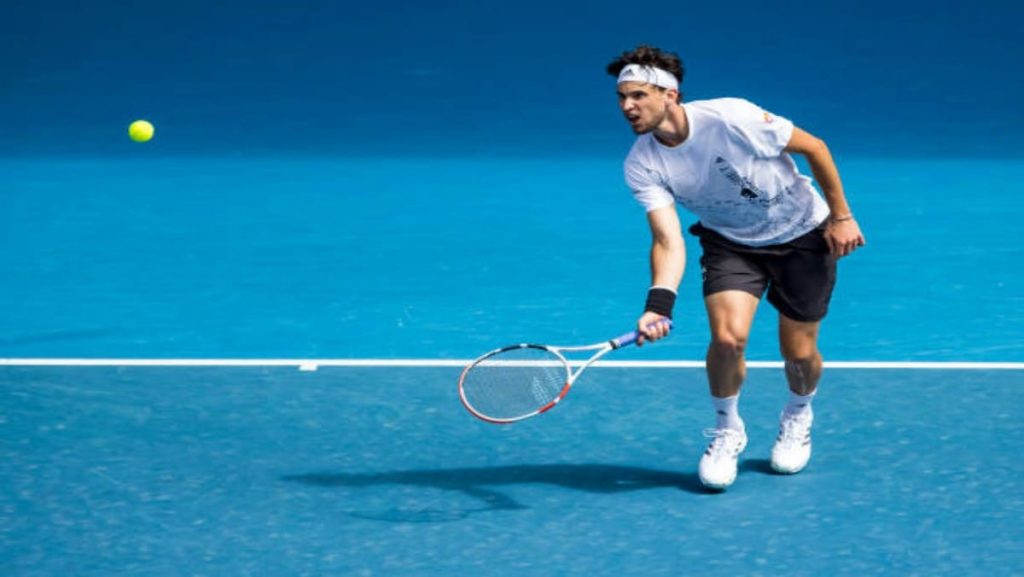
Christina Toth weighed in on the factors that would prove vital in reaching a decision for the legal dispute. She stated that the decision depends on the age of the athlete, whether the contract was moral or immoral.
“When it comes to the question of whether a contract is immoral or whether it contains immoral clauses, the circumstances at which the contract was concluded sometimes matters. How old and how successful was the athlete when the contract was signed? How much could each of the contractual partners contribute to the content of the contract? What are the options for termination? How much does the contract restrict one of the contracting parties, for example economically and in their athletic advancement?,” said Toth.

